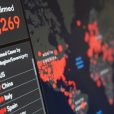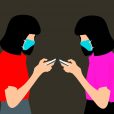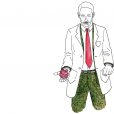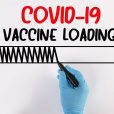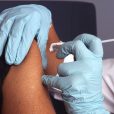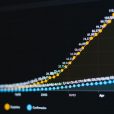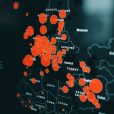2020, the year of the pandemic
Chronicle of the SARS-CoV-2 health crisis
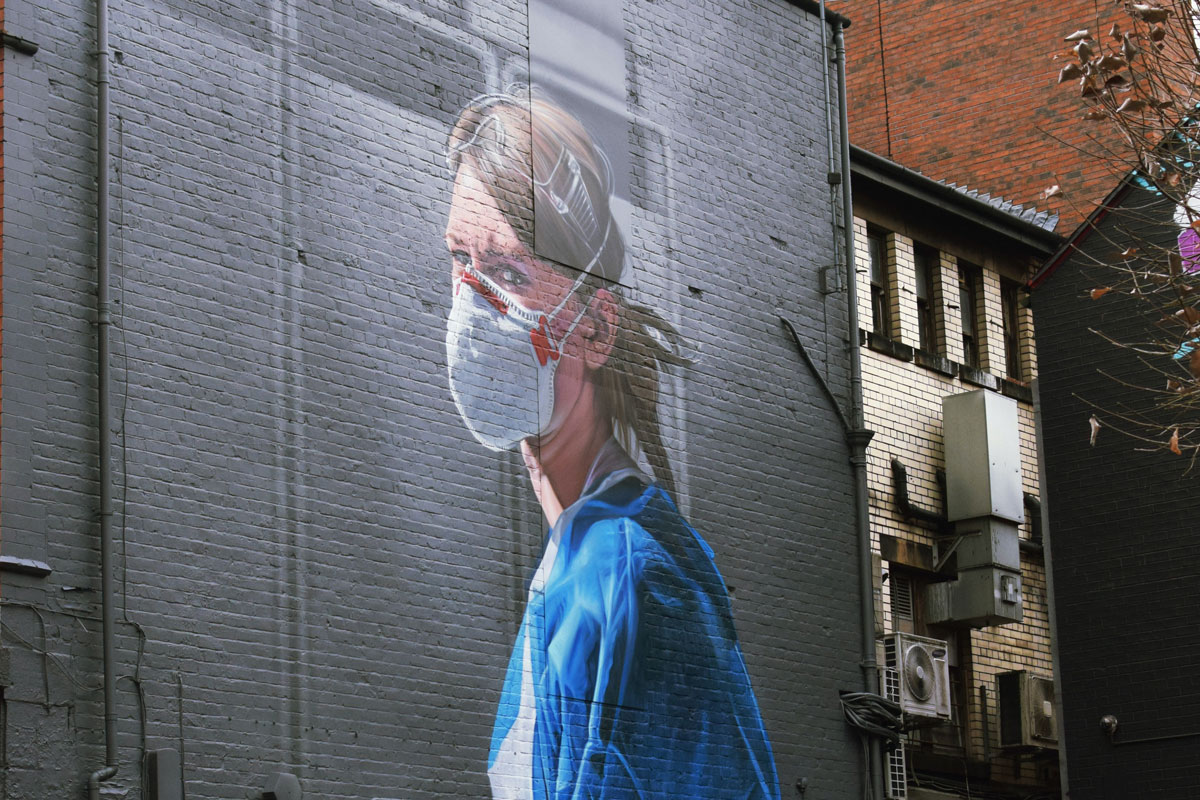
The nearly completed year 2020 has been marked by the coronavirus pandemic, a health, social, and economic crisis, with much uncertainty that has yet to be resolved. On 31 December 2019, China reported the detection of several groups of patients with a type of pneumonia caused by what appeared to be a new coronavirus. Almost a year later, there are more than 79 million confirmed cases and the number of deaths worldwide exceeds 1.5 million people. These figures are constantly increasing and only the prospect of vaccines, which have only just begun to be administered, offers little hope of control. The scope of this epidemic has brought to mind the last great pandemic in living memory, the Spanish flu of 1918.
On 5 January 2020, the World Health Organisation issued a first warning of an epidemic outbreak of pneumonia of unknown origin in China. From that moment on, events were quickly triggered by the various outbreaks in all the countries where the new coronavirus was spreading. On 11 March the WHO declared that COVID-19 was now considered a pandemic. And a few days later, on 14 March, the Spanish authorities declared a state of alarm which mandated the population, among other measures, to remain in their homes.
We review some of the articles about the coronavirus published in Mètode that have helped us to update our knowledge of the pandemic.
Understanding the new coronavirus
COVID-19 cartography
Coronavirus proteases: a priority target in the search for antivirals
COVID-19 and the dark side of promiscuity in life
Genomes for a pandemic
In Mètode, we wanted to have the situation analysed by national and international experts who, from their different disciplines, have contributed to a better understanding of the pandemic and have helped us reflect on how our lives have changed.
COVID-19 opinion
The woes of science in the time of COVID-19
The time of pandemics: a reflection from a historical perspective
«We didn’t know…»
COVID-19: pandemics metaphors
The communicative response to the coronavirus crisis
Learning from our mistakes
But the current SARS-CoV-2 crisis affects not only health, but also the economy, our societies and communication, and the environment. Regarding communication, we have observed increased interest in scientific content, and an infodemic communication landscape, characterised by an avalanche of misinformation, as well as imprecise or plainly fake news.
COVID-19 information and misinformation
A golden opportunity for science journalism
The communicative response to the coronavirus crisis
How to report on the coronavirus?
From the first moment there have been groups working on different vaccines to allow certain control of a very infectious disease for which we still do not have a cure. In an unprecedented effort, experts have managed to create vaccines in a few months, and the vaccination started on 27 December in Spain and the rest of Europe. The first groups that will receive the vaccine are elderly people in care homes and healthcare professionals. This is an attempt to protect the most vulnerable population groups, the ones that have suffered most COVID-19 cases. In Spain, it is estimated that more than 70% of COVID-19-related deaths have affected people over 65. The different vaccination campaigns have only started, so this will be a recurring topic throughout 2021. In Mètode, we have also been paying attention to the different types of vaccines in development.
COVID-19 vaccines
COVID-19 vaccines: remain cautious
Vaccines against COVID-19
Finally, we have started a COVID-19 special series of Mètode’s whys and wherefores, where we try to answer the doubts of the readers with the collaboration of experts from different fields.
Mètode's whys and wherefores: COVID-19 special
Why is it difficult to predict the evolution of the pandemic reliably?
Answered by Anabel Forte, professor of Statistics and Operations Research at the University of Valencia, explains why it is so difficult to make reliable predictions about the pandemic.
Why is there such a discrepancy in COVID-19 data?
Are there any dietary supplements that can prevent COVID-19?
Why has the virus spread so rapidly across Europe in recent months?
Many unknowns still need to be resolved: how can the different coronavirus mutations affect its spread and the effectiveness of vaccines, how long will be the immunity granted by the new vaccines, how to improve the treatment of patients with severe or long-lasting symptoms, etc. Surely, in 2021 we will keep discussing the coronavirus, but it will not take us by surprise and we will have some experience on pandemic management. Will we have learned the lesson to control the situation and minimise the risks?

